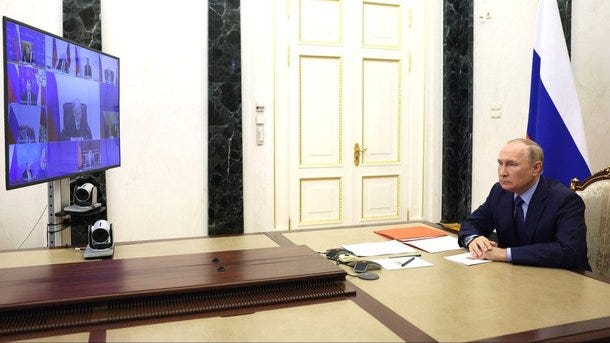Putin is Breaking the Russian Army
A full rout is on in eastern Ukraine
A surprise offensive in Kharkiv Oblast this week has sent Russian forces reeling in disorder. Made possible by the holding operation in Kherson, this sudden advance and encirclement of thousands of Russian troops has shattered the thin Russian lines in the occupied northeast, creating a general rout down the line of contact across t…



